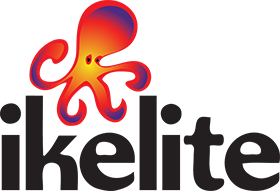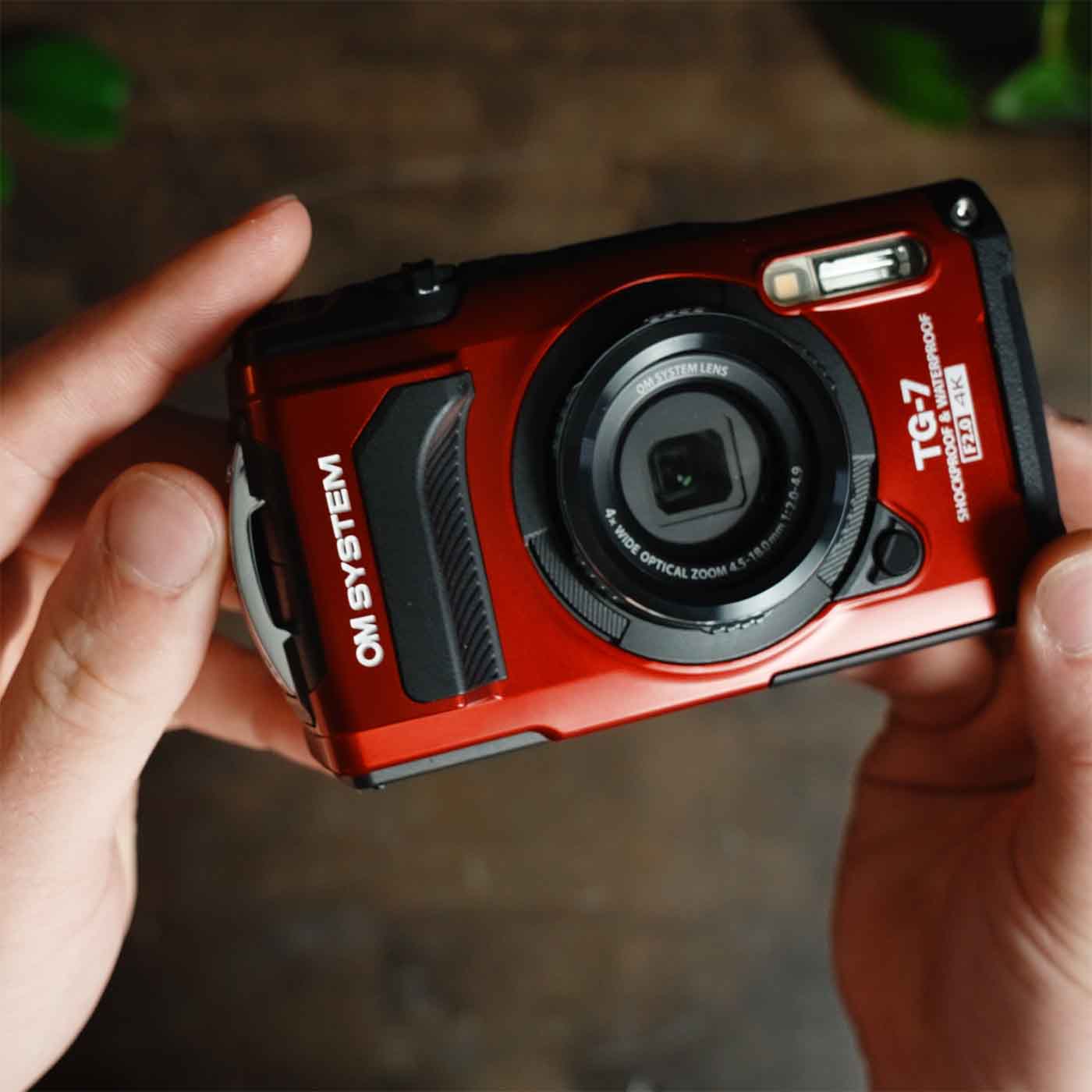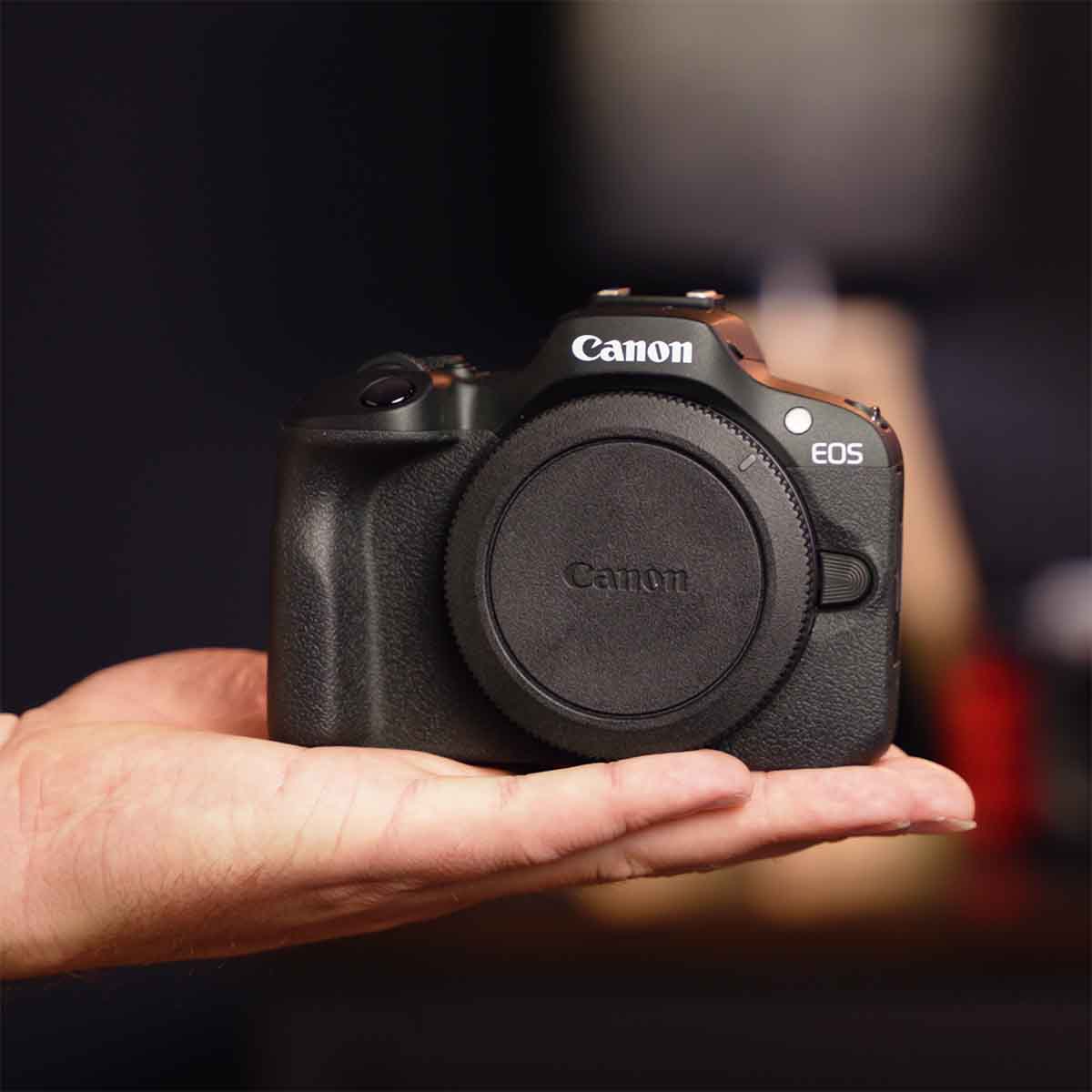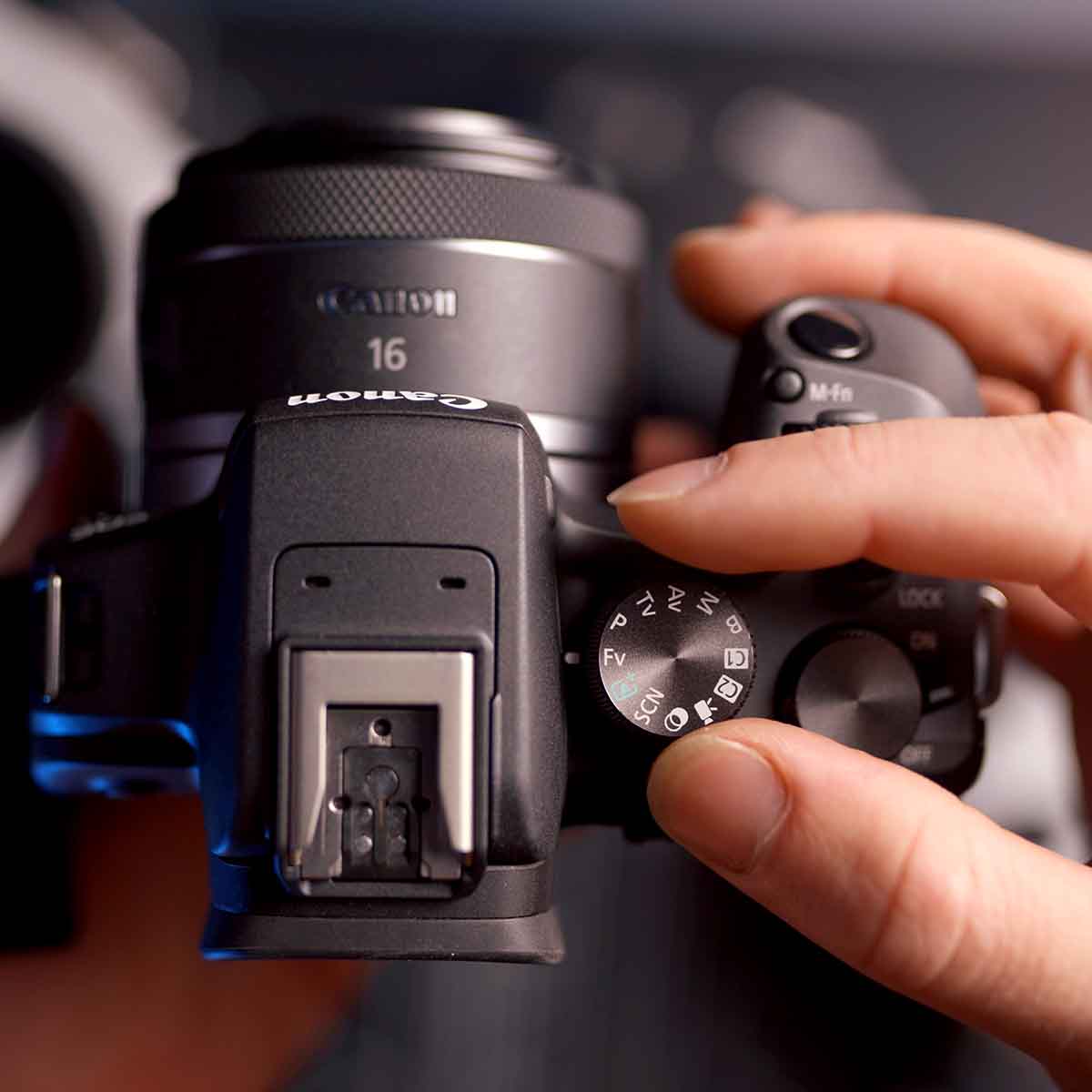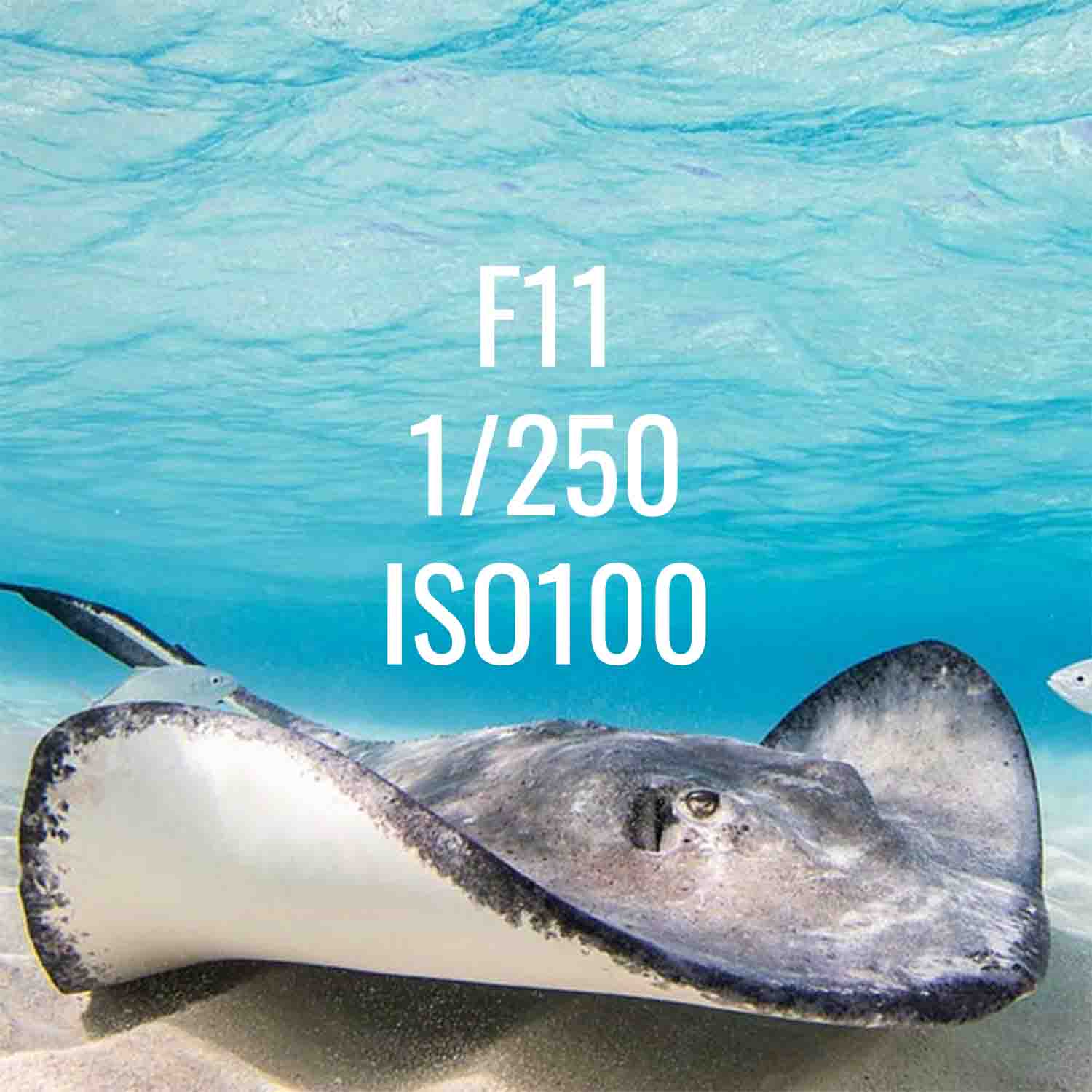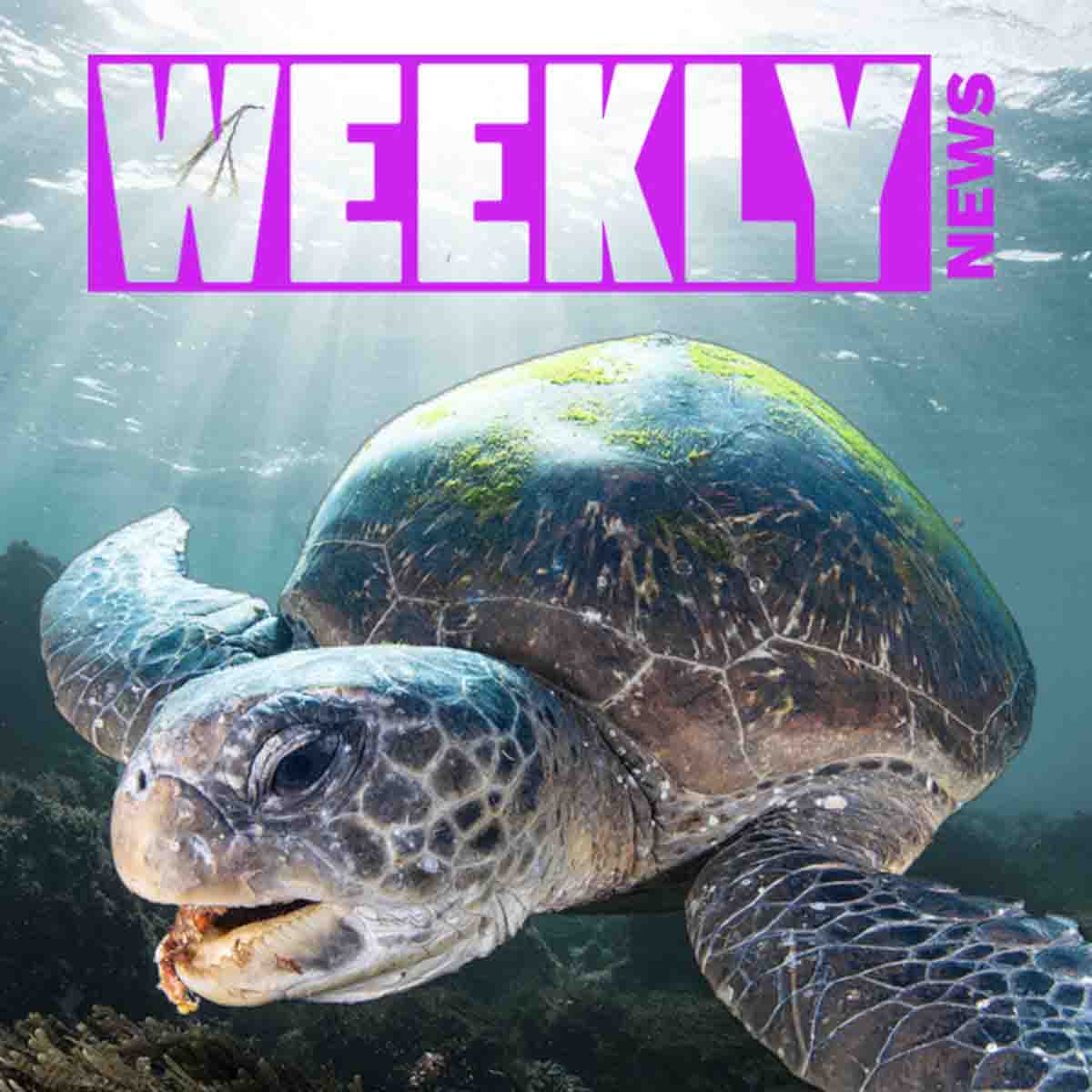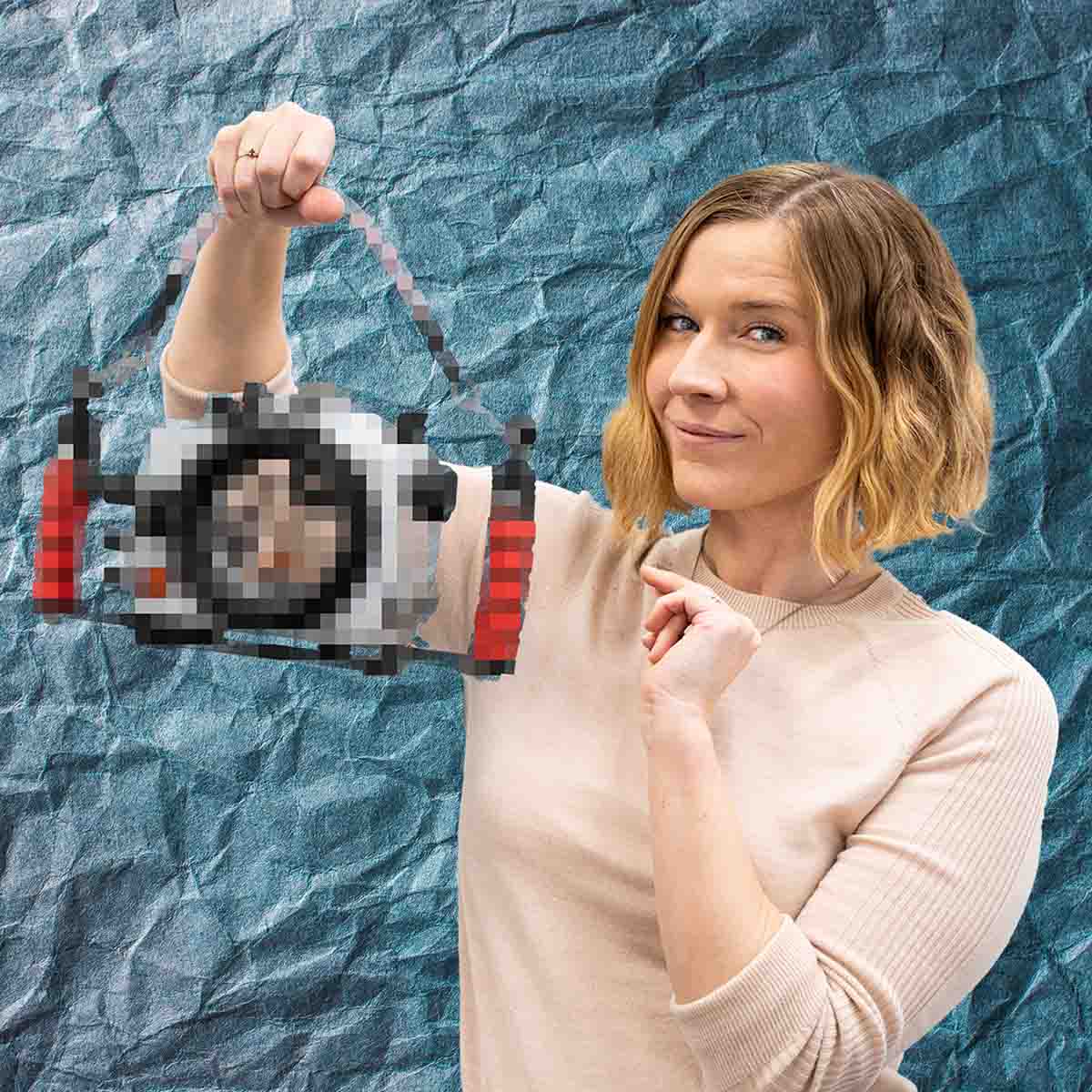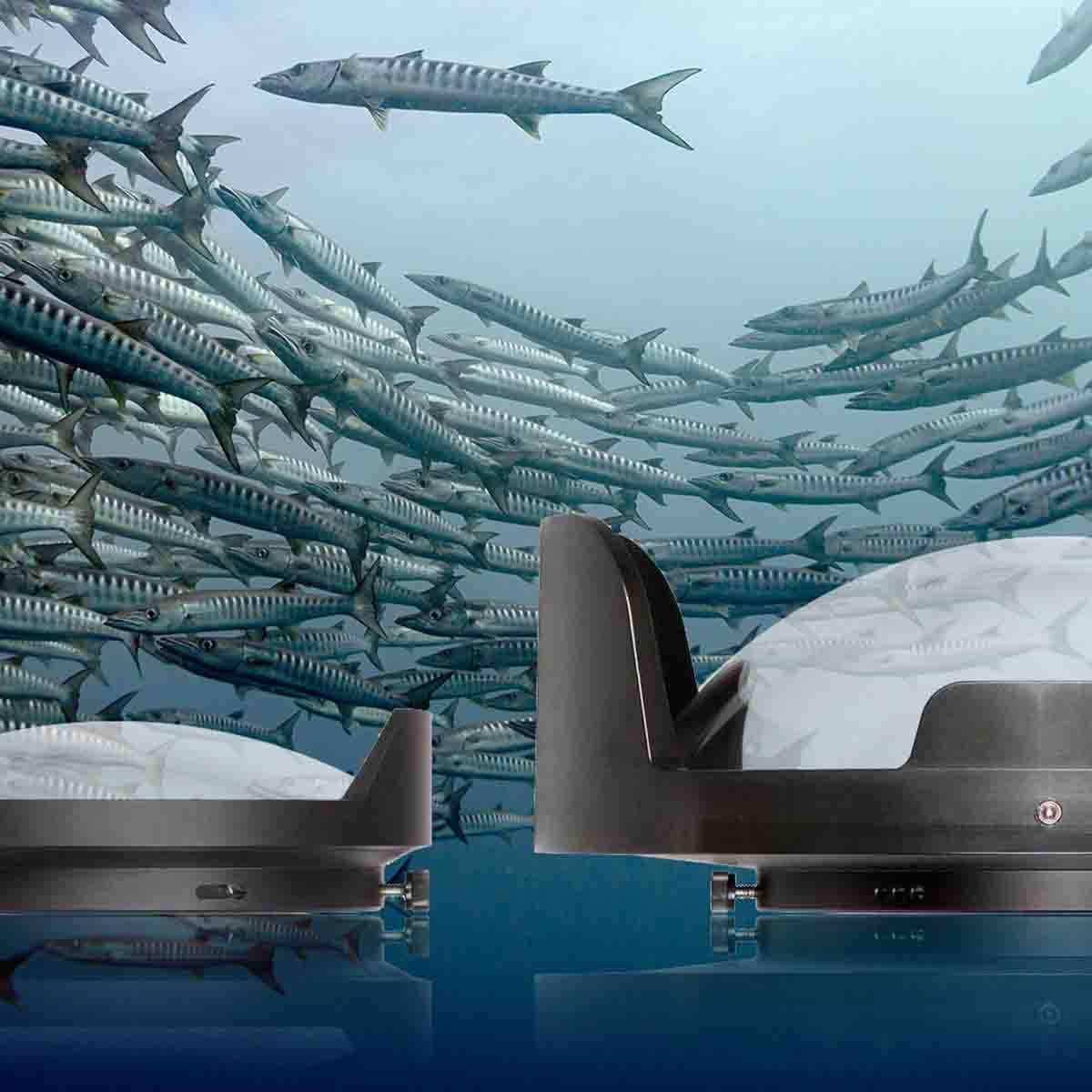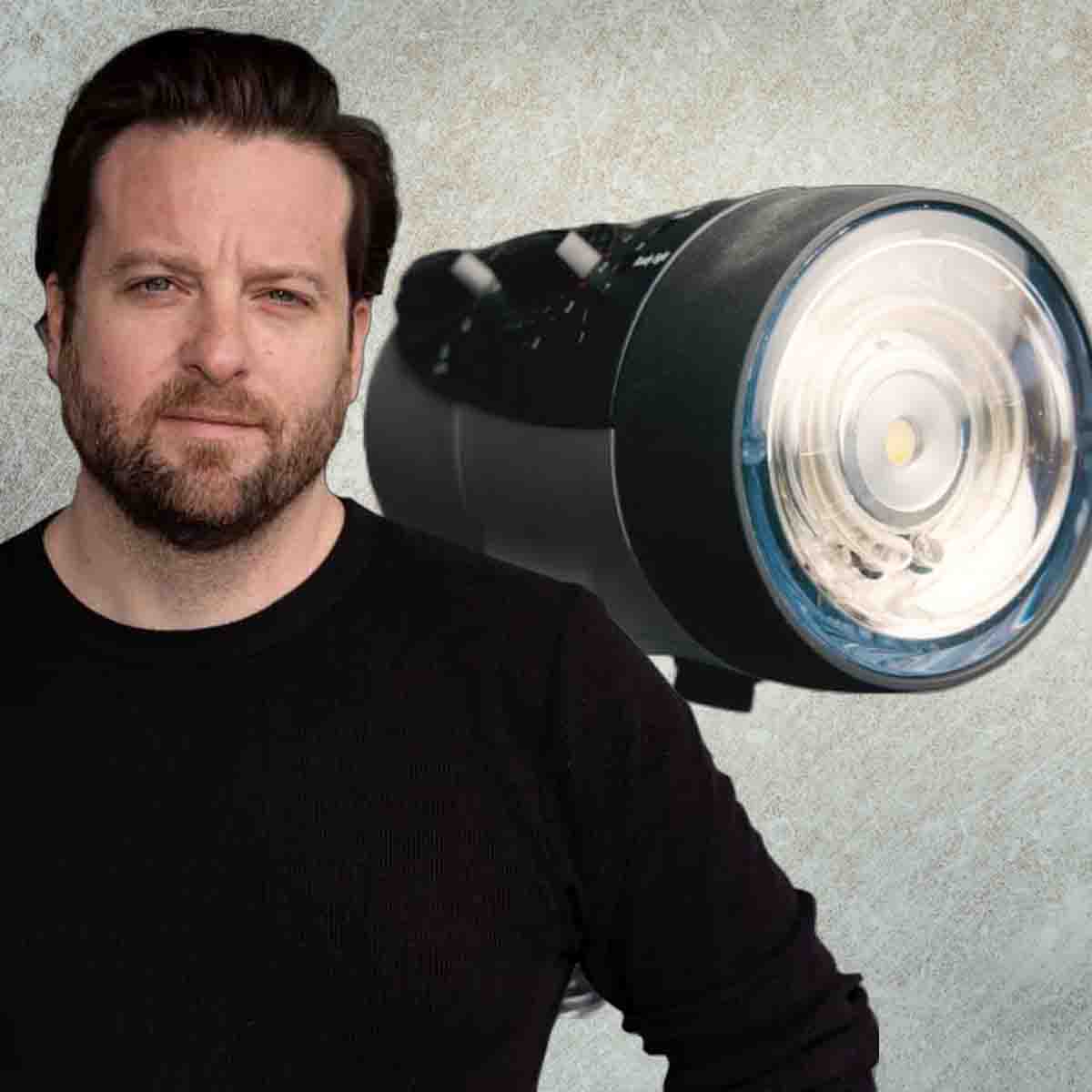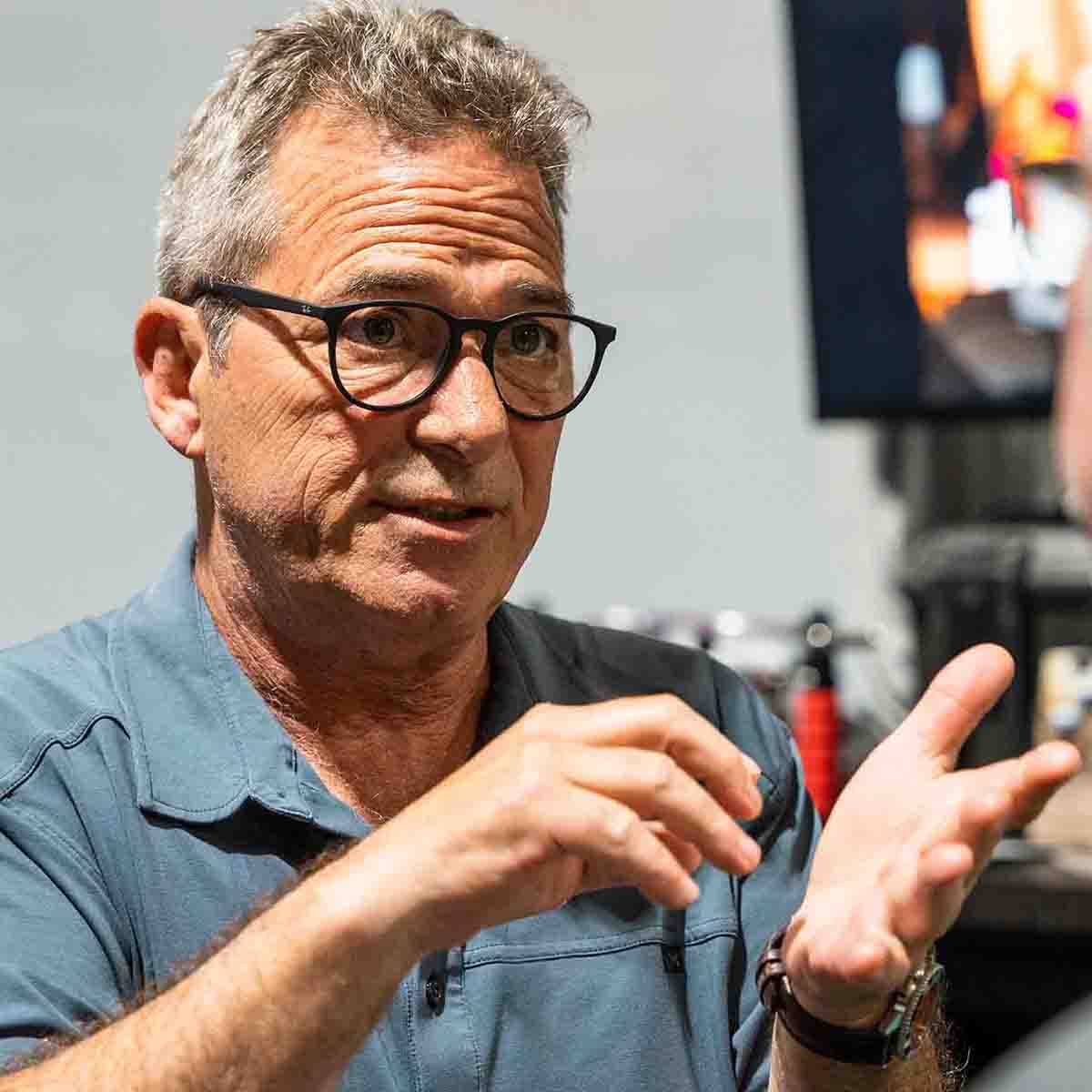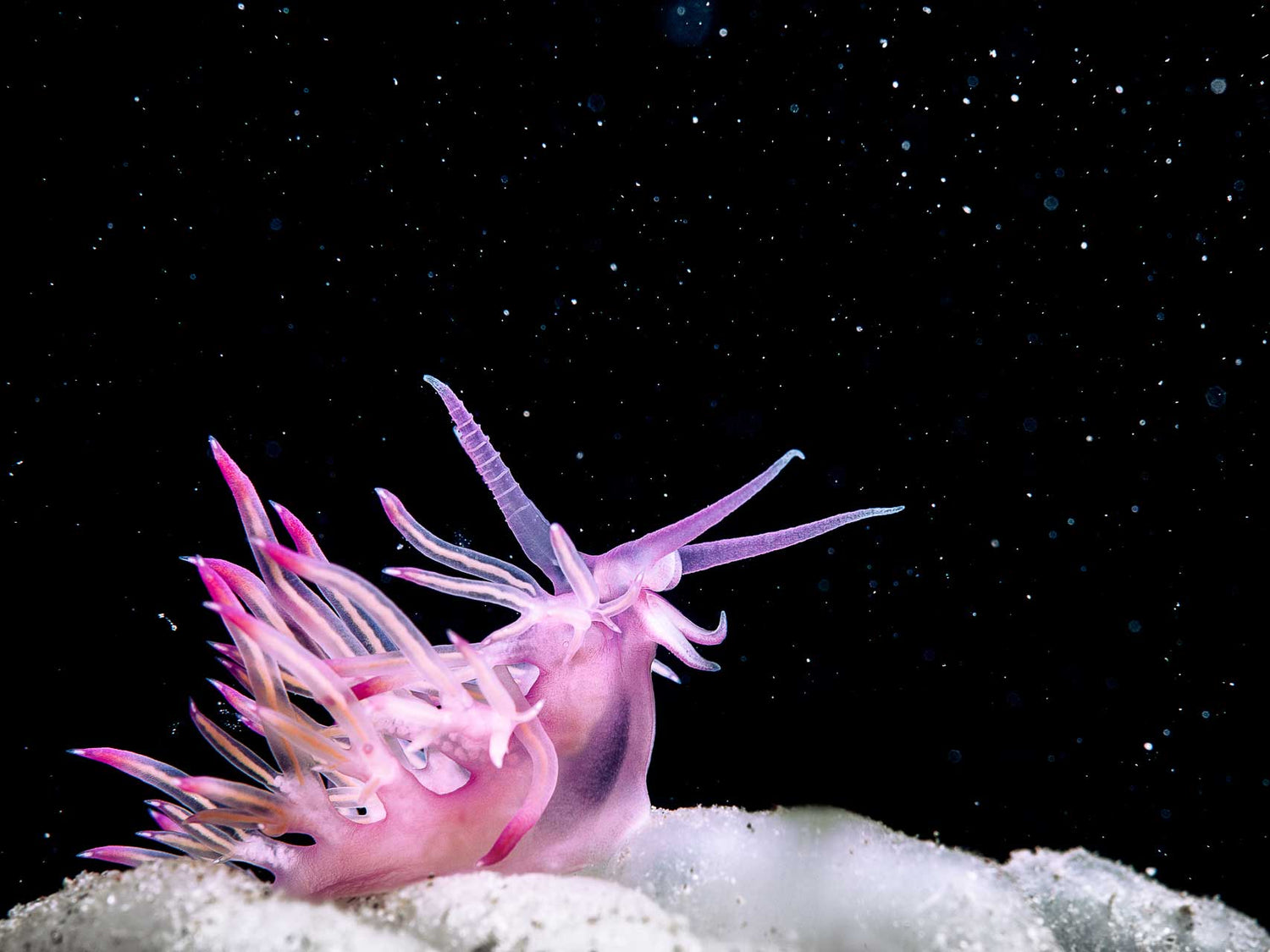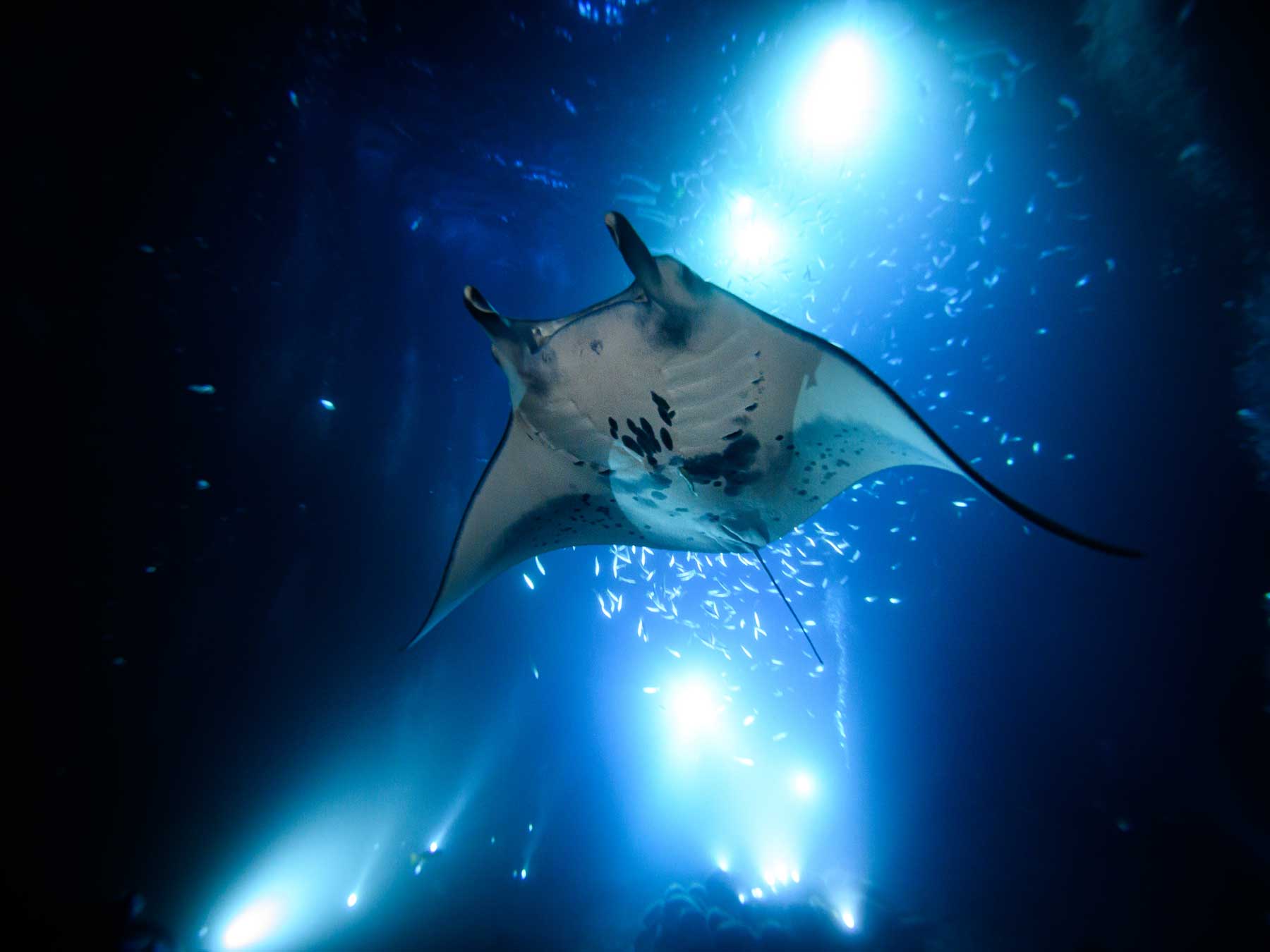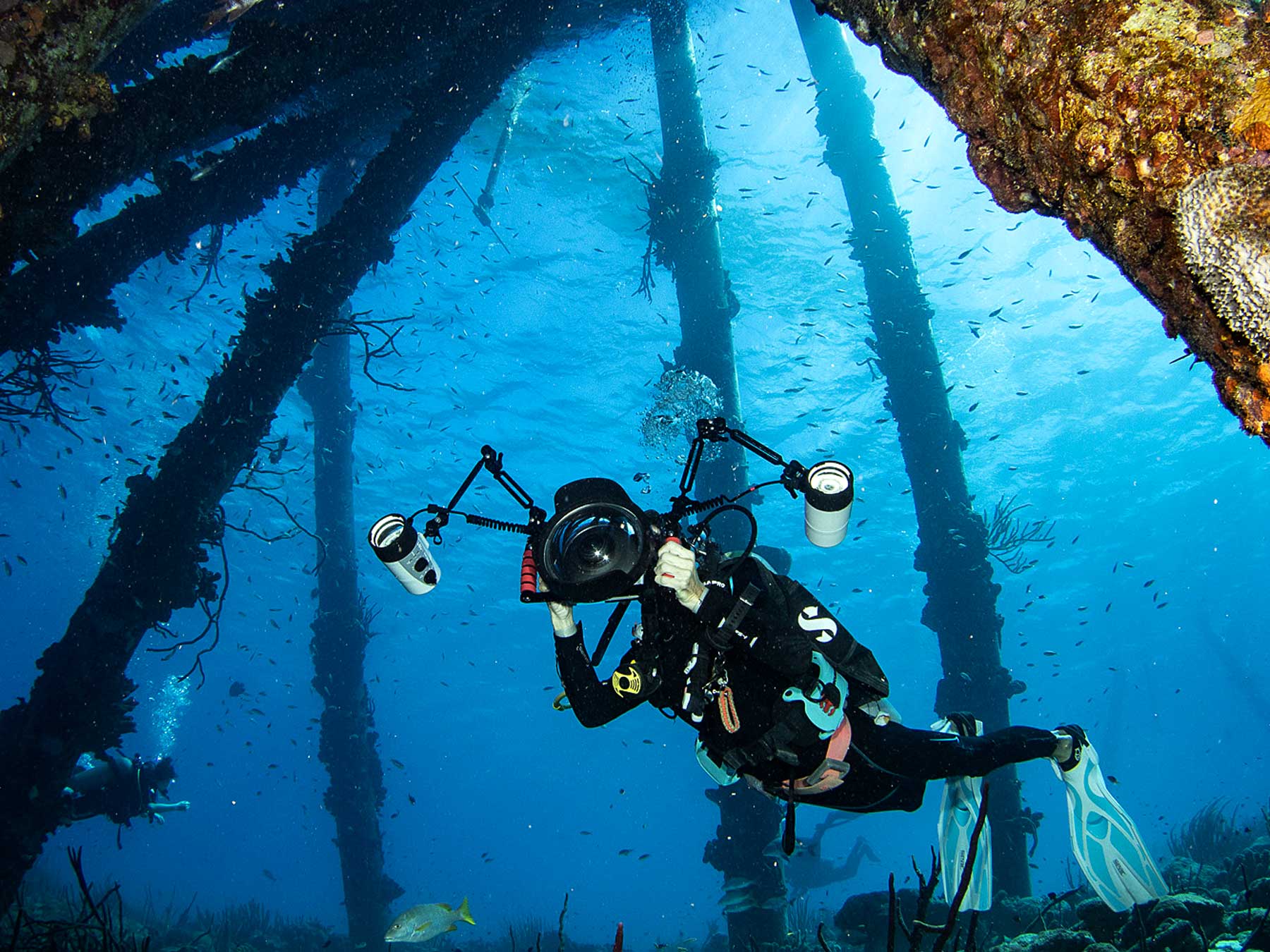By Lorenzo Terraneo
An underwater photographer has to worry constantly and continuously about avoiding backscatter.
It is a very rare opportunity to be lucky enough to dive in clear water, free of suspended particles and far from sandy seabed… Because of that, every time we “fire” a strobe light underwater, we are also lighting up the suspended particles between the lens and the subject we are looking at.
As a result, to reduce backscatter, we are always looking for different ways to find the perfect buoyancy, the best strobe position and the lowest power of strobes, but we don’t always succeed: we often have to give up on beautiful pictures because they are ruined by this “snow” effect.
However, sometimes this unpleasant effect can be conveniently used to realize artistic pictures:
1. To emphasize the motion of the subject





2. To make the background look like a star-filled sky or give the idea of shooting an alien subject in outer space


3. To isolate the subject in an unusual background


4. To mimic a snowfall effect





The most important thing is to always shoot with creativity, using known but also innovative techniques, such as the useful usage of backscatter. In fact, not all of the pictures that you see here were meant to be this way: some of them came out like this unexpectedly because I got lucky!
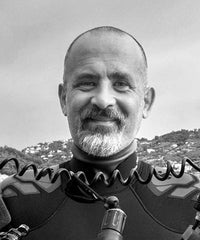 Ambassador Lorenzo Terraneo, from Milan, Italy, works in the world of communication and web marketing and is a journalist enrolled in the Register. In 2010, he joined the strong passion for the sea and diving with the one for photography that always accompanied him since his first analog Nikon SLR. Passionate about marine and terrestrial biology, he is always looking in his photos to recreate the magical meeting between the wonders of nature and human emotions aroused by unusual shapes and colors. Therefore, not naturalistic photos in the strict sense, but moments of artistic beauty (nature art) according to the human canon, which nature expresses incessantly. Read more...
Ambassador Lorenzo Terraneo, from Milan, Italy, works in the world of communication and web marketing and is a journalist enrolled in the Register. In 2010, he joined the strong passion for the sea and diving with the one for photography that always accompanied him since his first analog Nikon SLR. Passionate about marine and terrestrial biology, he is always looking in his photos to recreate the magical meeting between the wonders of nature and human emotions aroused by unusual shapes and colors. Therefore, not naturalistic photos in the strict sense, but moments of artistic beauty (nature art) according to the human canon, which nature expresses incessantly. Read more...
Additional Reading
Macro in Lembeh Strait with the Nikon 60mm and Kenko 1.4x Teleconverter
